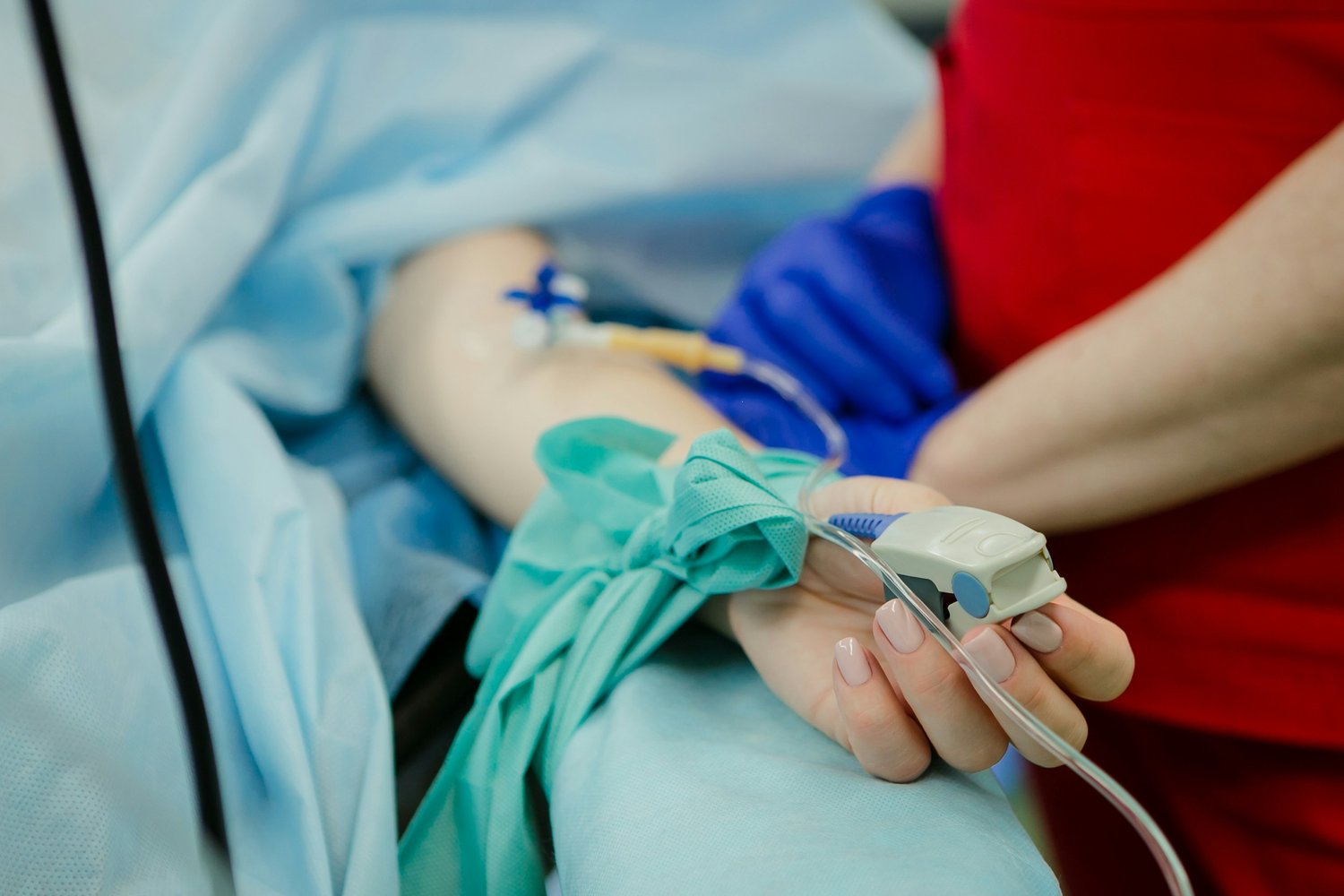
Religion Unplugged believes in a diversity of well-reasoned and well-researched opinions. This piece reflects the views of the author and does not necessarily represent those of Religion Unplugged, its staff and contributors.
Photo by Olga Kononenko
(OPINION) Dickensian is an overused expression, but it’s as close as I can come to describing the Lexington, Kentucky, hospital’s emergency room.
Individual cubicles for the emergency cases had long since filled up. A maze of hallways were lined with gurneys pressed against the walls end to end. I don’t know how many gurneys there were in all, but it felt like hundreds.
People of every nation, kindred and tongue lay on the beds, in all manner of distress. Feverish-looking, incoherent, coughing, moaning. Worried family members stood beside them, stroking their brows or stoically clutching grocery bags packed with personal items or talking in low, comforting tones.
I eventually found my friends Paul and Margie. They attend the church I lead. I’d come down to the hospital’s bowels from the ICU, where my wife Liz and I had been sitting with another beloved church member and friend who is struggling with advanced cancer.
When I reached the ER it was late afternoon. Margie had been lying on a gurney there since the previous evening. At some still undetermined point she was going to have emergency surgery to remove a bad gallbladder.
Their hallway “suite,” as Paul jokingly called it — a 6- or 8-foot open space — was located directly between a busy restroom and an equally busy janitor’s closet. It was like parking a hospital gurney on the shoulder of Lexington’s I-64 and I-75 interchange. There was no curtain, zero privacy. Thank heaven, Paul did have a chair.
The situation offended my sense of human dignity and alarmed me for my friends.
“The American health care system is a shambles,” I think I blurted. “This is unbelievable.”
It was not an approach I learned in pastoral counseling 101, obviously. Bedside manner is not my spiritual gift.
But I was struck by how equanimous Paul and Margie seemed. They appeared to be on a first-name basis with the stream of nurses, nursing assistants and janitors passing by. They regaled me with tales of the odd sights they’d witnessed from other patients. They pointed out how gracious a particular nurse was. They laughed about the absurdity of the whole experience.
They had to be exhausted. They had to be worried. Paul had even urged me beforehand not to visit them because there were so many mysterious diseases floating around down there. He and Margie were afraid I’d catch something ominous. (Or maybe they actually hoped to avoid my so-called bedside manner.)
I went on my way after visiting a half hour or maybe 45 minutes, feeling spiritually refreshed. As it happened, about the time I left, Margie finally got a room.
The next morning I texted Paul to see how they were. They were still waiting for surgery.
“You all have been really patient,” I wrote. “Fruit of the Spirit in action.”
Paul replied: “I woke up at 3 a.m. this morning and had a revelation about the ER situation that said taking care of God’s people is a messy business. And to get people out of those hallways would require turning someone away.”
He added a moment later: “It was so amazing that every caregiver has been so kind. They apologized over and over. You know it must be very stressful to work in that situation. But every single person had a smile on their face.”
Eventually, that evening, which was a Friday, Margie got her surgery. It went well. By Sunday morning, Paul and Margie were back at church. Margie looked chipper. She seemed almost giddy, as if on a spiritual high.
They both gave impromptu testimonies during our worship service. Margie talked about experiencing God’s presence and peace through her ordeal.
Paul elaborated on his 3 a.m. revelation. As I recall, he said he saw how much the Lord cared about every sick person in that ER.
God’s always in the business of loving and healing the world, he said. But given the state of humanity, healing rarely follows a straight line. There are complications and mistakes and delays. The wondrous thing is, though, that nobody gets turned away.
Everywhere you look people are suffering, he continued, but God cares for all of them, and so do a lot of humans who are helping in God’s healing mission. There’s always a bed in the ER, even when it’s a gurney in the hallway.
And that, to me, brought new light. Two lights.
First, I made up my mind to quit cursing the frustrations and inefficiencies of our medical system and start being thankful for all the love inherent there, both divine and human.
Second, I recognized again how the attitudes people take into a situation influence the quality of their experience. To me, that big-city emergency room looked like a hellscape. To Paul and Margie, the ones actually caught in it, it looked like an adventure with the Lord.
Paul Prather has been a rural Pentecostal pastor in Kentucky for more than 40 years. Also a journalist, he was The Lexington Herald-Leader’s staff religion writer in the 1990s, before leaving to devote his full time to the ministry. He now writes a regular column about faith and religion for the Herald-Leader, where this column first appeared. Prather’s written four books. You can email him at pratpd@yahoo.com.
5965 Village Way, Ste 105 255
San Diego, CA 92130
info@themediaproject.org
Religion Unplugged is part of The Media Project and a member of the Institute for Nonprofit News.
EIN: 83-0461425
Site design by Peter Freeby
